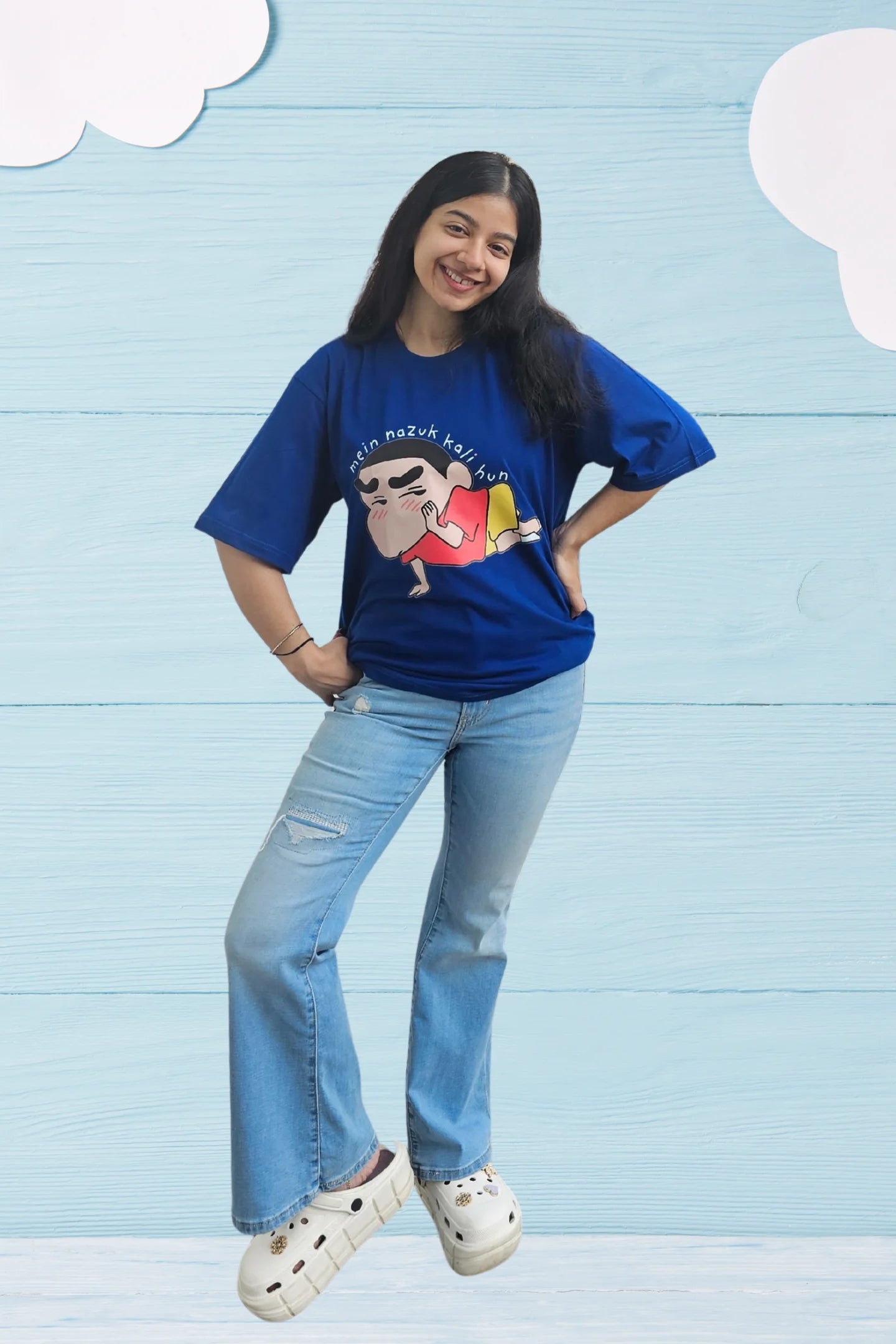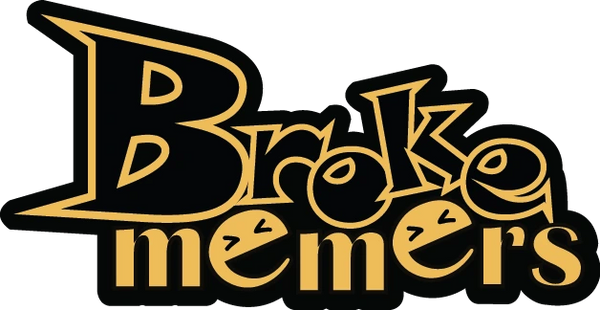Origin of memes!
Share
The concept of memes has been around for centuries, but it wasn't until the rise of the internet that they really took off and became a cultural phenomenon. So where did memes come from, and how did they become such a ubiquitous part of our online experience?
The word "meme" was first coined by evolutionary biologist Richard Dawkins in his 1976 book "The Selfish Gene." In the book, Dawkins used the term to describe any unit of cultural information that is passed on from one person to another through social learning. This could be anything from a word, to a phrase, to a custom, to an idea.
The concept of memes was further developed in the 1990s with the rise of internet culture. In the early days of the internet, people would share humorous or absurd images and text on forums and message boards. These images and text were often captioned and re-captioned, with the caption becoming a key part of the joke.
As the internet became more mainstream, the concept of memes began to evolve. Websites like 4chan and Reddit became hotbeds for meme creation, with users creating and sharing their own original memes as well as reposting and reworking existing ones.
With the rise of social media, memes began to spread even more quickly and widely. Today, memes can be found on just about every platform, from Facebook to Twitter to Instagram. They have become a way for people to communicate, share ideas, and bond over shared experiences and cultural touchstones.
Despite their widespread popularity, memes are not without their detractors. Some argue that they are a sign of a shallow, attention-seeking culture, while others worry about the potential for memes to be used to spread misinformation or propaganda.
Despite these concerns, it's clear that memes are here to stay. They have become a vital part of our online culture, and will likely continue to evolve and shape the way we communicate for years to come.

